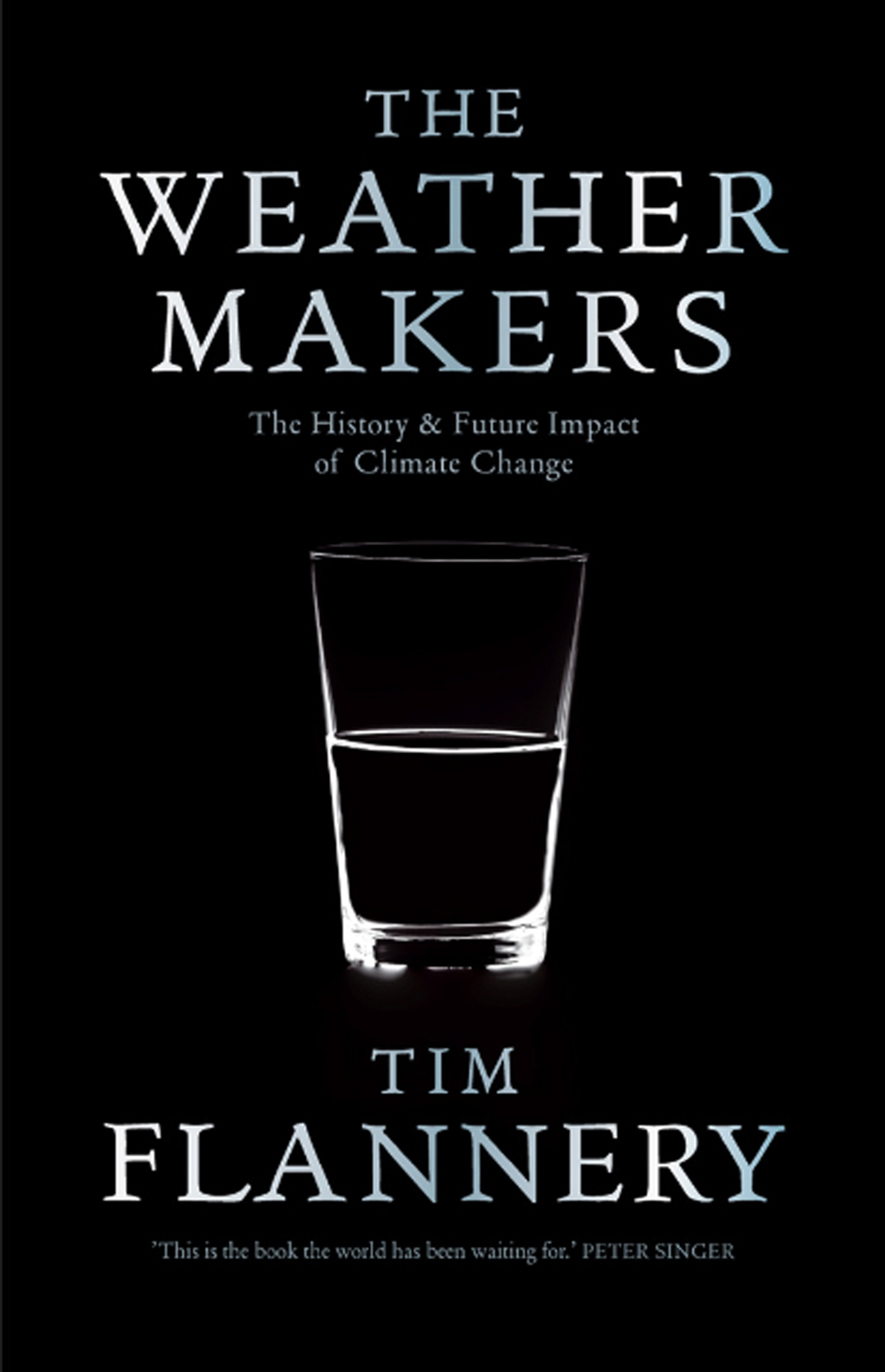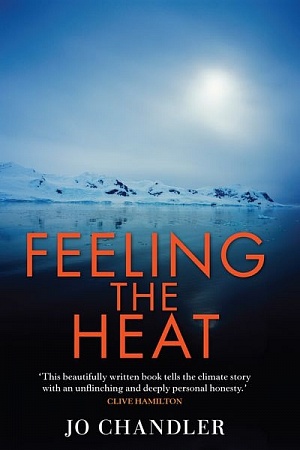The Weather Makers: The history and future impact of climate change
Text, $32.95 pb, 332 pp, 1920885846
Nothing but us
The former co-chair of scientific assessment for the UN’s Intergovernmental Panel on Climate Change (IPCC), John Houghton, declared in 2003 that global warming is a weapon of mass destruction that is at least as dangerous as chemical, biological or nuclear weapons and, indeed, terrorism. It is therefore no small irony that two prominent members of the ‘coalition of the willing’ and the world’s two highest per capita carbon emitters – the US and Australia – should choose to devote so many resources to eradicating conventional WMDs, yet do so little to address global warming. Australia’s stance on climate change is logic-defying, unprincipled and lacking in remorse. The Howard government has refused to ratify the Kyoto Protocol because of the short-term economic costs to Australia, but it claims that Australia will seek to meet its Kyoto target anyway. But Australia’s Kyoto target is so generous relative to other developed countries that it does not have to do much to meet it.
The promised mandatory Kyoto cuts in emissions by developed countries, which average around 5.2 per cent, will do little to stop global warming. The IPCC has warned that carbon dioxide emissions need to be reduced by sixty to eighty per cent to protect the earth’s atmosphere. Everything depends on the next phase of negotiations. The parties to the UN’s Framework Convention on Climate Change will meet at Montreal in December to work towards a Kyoto Mark II, which will require much bigger emissions reduction targets from the developed world in order to cut some slack for developing countries to pursue their legitimate aspiration to improve the quality of life of their peoples. If the developed world fails to lead by example, developing countries (particularly growing emitters such as China and India) are unlikely to undertake commitments in phase two of the negotiations.
Continue reading for only $10 per month. Subscribe and gain full access to Australian Book Review. Already a subscriber? Sign in. If you need assistance, feel free to contact us.












Leave a comment
If you are an ABR subscriber, you will need to sign in to post a comment.
If you have forgotten your sign in details, or if you receive an error message when trying to submit your comment, please email your comment (and the name of the article to which it relates) to ABR Comments. We will review your comment and, subject to approval, we will post it under your name.
Please note that all comments must be approved by ABR and comply with our Terms & Conditions.